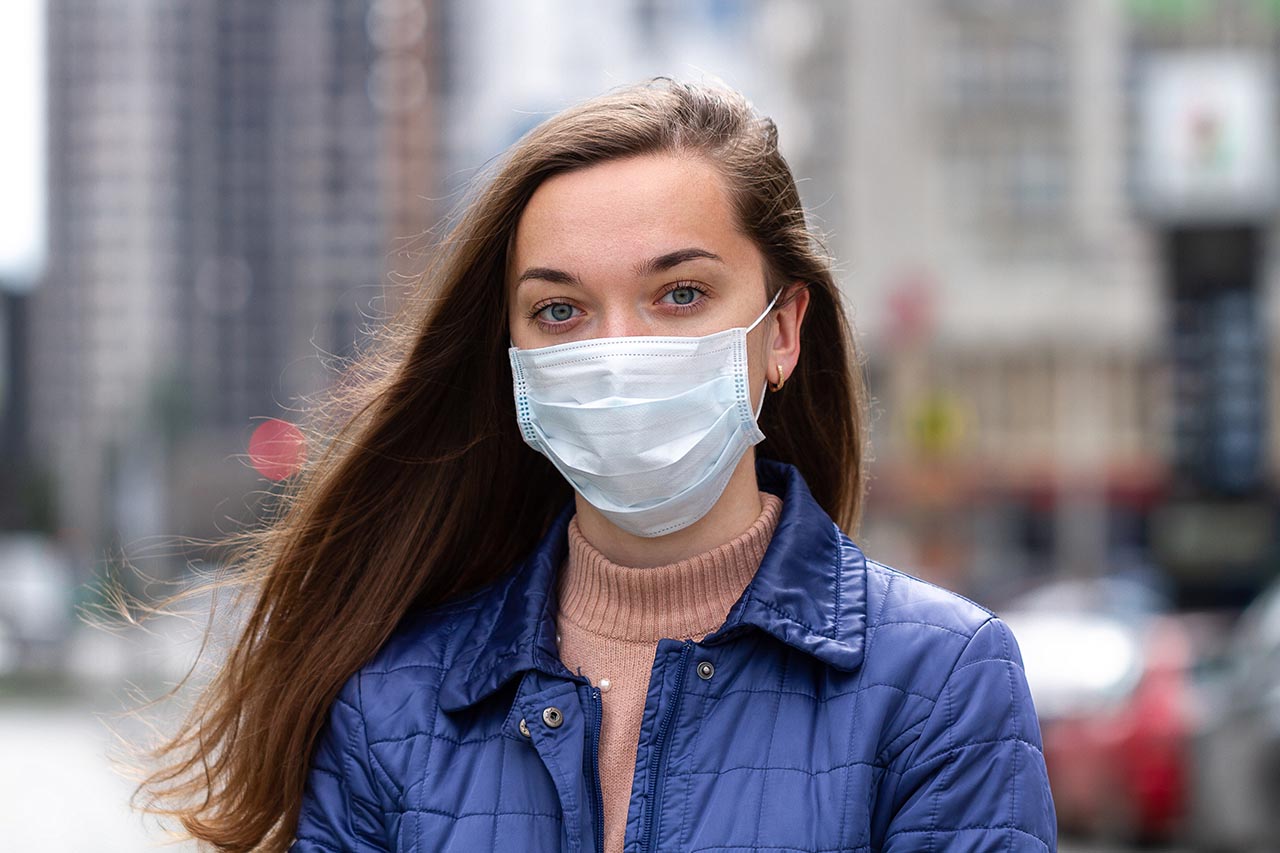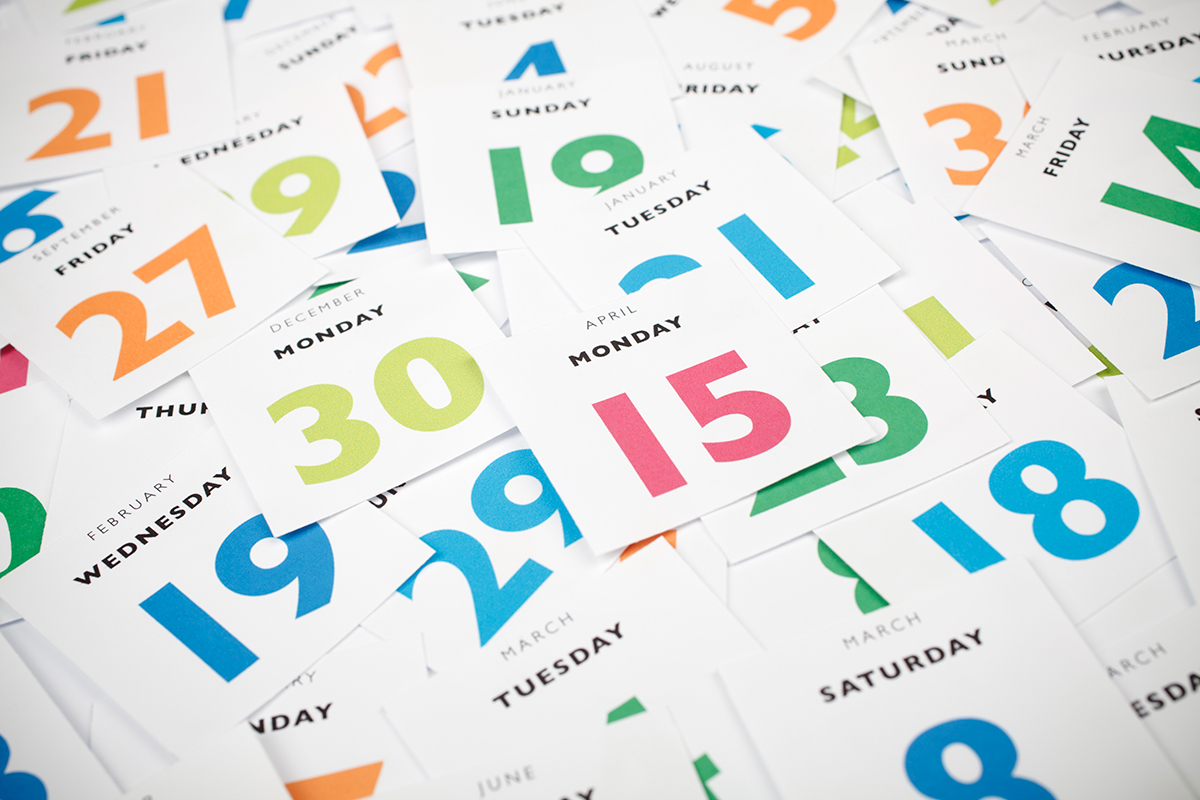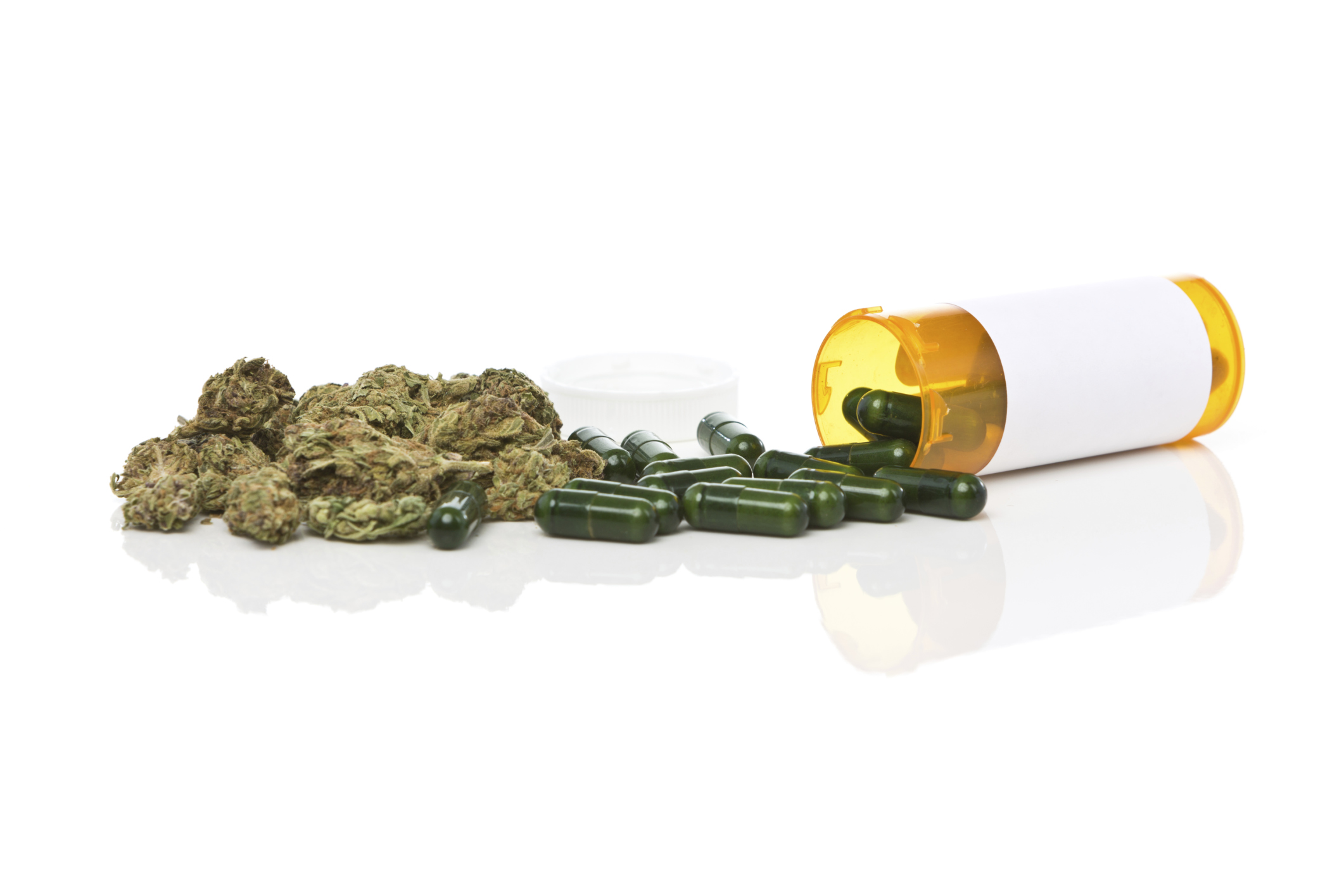With COVID-19 hitting the United States, the coronavirus is changing everything. All public events are being halted. People are being sent home to work. Travel plans are being cancelled. It appears that coronavirus is changing our very way of life, but it shouldn’t have to cost you your sobriety.
How to Stay Sober During the COVID-19 Outbreak
Although this is a time of a lot of stress and uncertainly, your sobriety affects the rest of your life, so it is important that staying sober during the coronavirus outbreak remains one of your priorities. Even with all the added changes, stress, anxiety, and addiction triggers at a high, sobriety is still possible.
At our South Florida behavioral health center, we are sharing some tips for staying sober during the coronavirus outbreak so that you can continue your recovery journey beyond this sickness.
Find Virtual Support
Whether you are sick or not, the coronavirus is causing a lot of social isolation. Typically, rehabs stress the importance of support systems during recovery to help you avoid relapse, but social distancing makes this harder. Fortunately, we have the technology to connect even if it isn’t face-to-face. Facetiming, phone calls, and video chatting can all be used to help you find support when you need it. You can also turn to online communities or meetings for added support. Even if you are avoiding physical contact, you are not alone.
Don’t Get Complacent
While you may want to skip the traditional in-person 12 step meetings, there are other options. Some groups have adapted to the social distancing protocol for coronavirus by stepping up sanitary measures and encouraging people not to make physical contact. Other groups are starting to meet online or by the phone. Just because there are some necessary changes to your typical recovery routine doesn’t mean you should use it as an excuse. Getting complacent about your normal recovery routine can lead to relapse.
Practice Healthy Coping Skills
The added financial stresses along with the uncertainty for the future can all lead to high amounts of stress and anxiety. These can both be big relapse triggers if not handled correctly. Continue to practice the healthy coping methods you learned during your substance abuse treatment programs as much as possible. It may also be a good time to practice those that you may not normally use for added support.
Don’t Panic
Staying sober during the coronavirus outbreak can be difficult because so many people are struggling to cope with coronavirus anxiety. Especially if you have a past history of anxiety, giving into the panic from coronavirus can make you more likely to relapse. Instead, do your best to not give in to this panic and focus on relaxing.
Stay Busy
Staying sober during coronavirus self-isolation can be difficult because it is easy to get bored. Boredom can lead to relapse as recovering addicts fall back into bad habits. Instead of letting boredom trigger addiction cravings, stay busy. Even if you are mostly stuck at home, there is still plenty you can do to stay busy. Cook, clean, read, work, watch movies, do arts and crafts, and even exercise. Do anything you can to keep yourself preoccupied rather than turn back to drugs and alcohol.
Get Professional Help
Your sobriety is important. If you are struggling to stay sober during the coronavirus outbreak, get professional help immediately. While you may be hesitant to leave your house, a residential rehab program offers a mostly controlled environment that is separated from the outside world and conducive to fighting addiction. As a member of the Banyan family of treatment centers, we are also following strict coronavirus protocol for rehab for our patient’ safety.
[su_divider top=”no” divider_color=”#4acdff” size=”1″]Whether you relapsed or you know someone who needs help for a behavioral health problem, we are still here. Call Behavioral Health of the Palm Beaches today at 561-220-3981 to get more information and to get started on the road to recovery.













